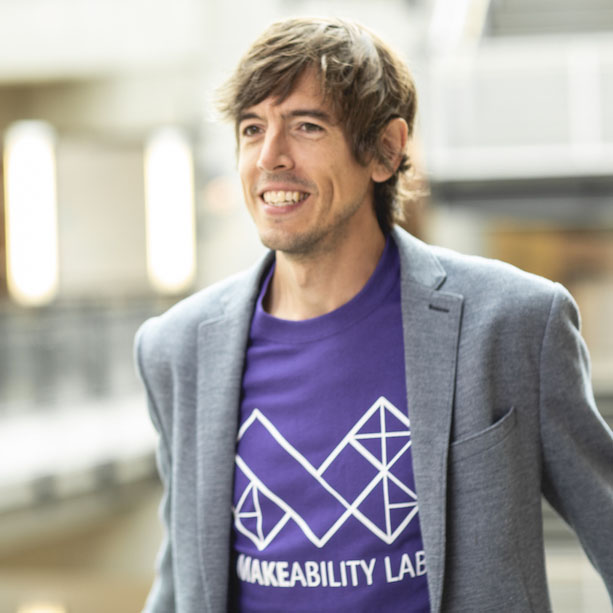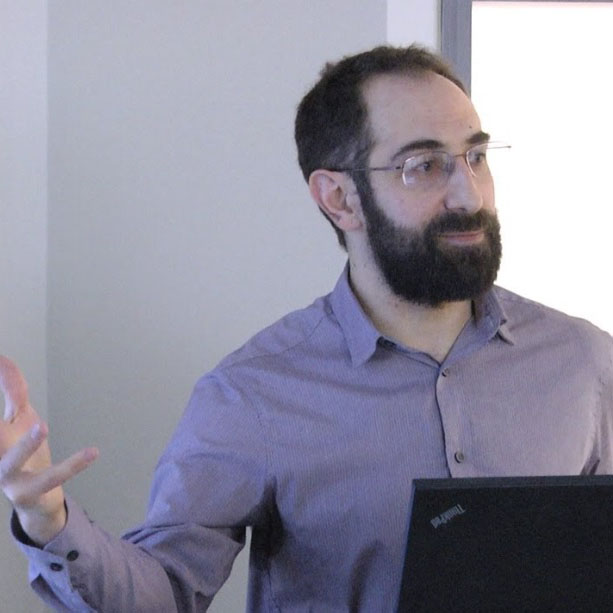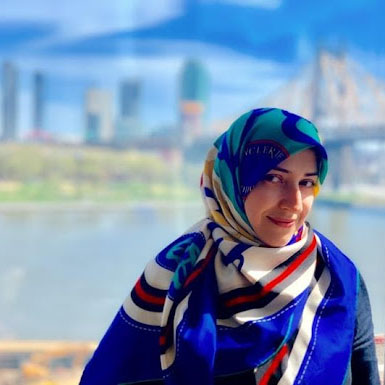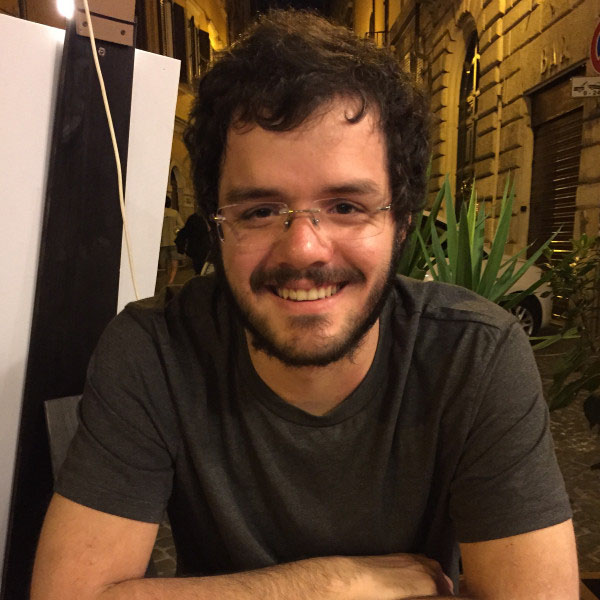Keynote Speaker
Karen Tamley
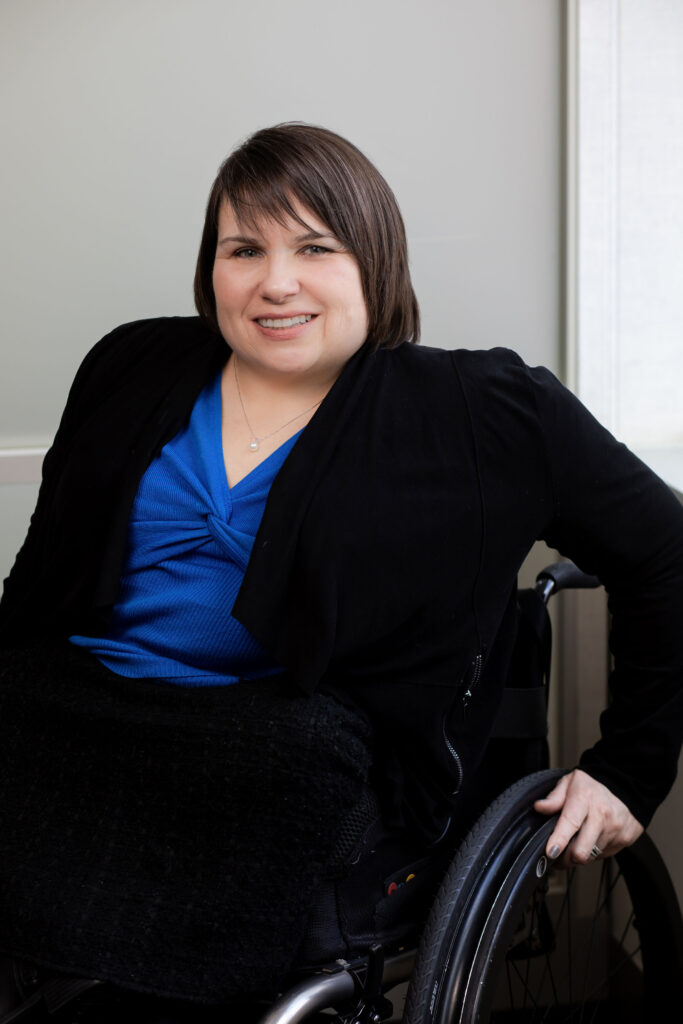
We are honored to have Karen Tamley as the UrbanAccess 2022 Keynote Speaker. Karen is the President and CEO of Access Living, a Chicago-based service and advocacy non-profit for people with disabilities.
Karen previously served three Chicago Mayors as Commissioner of the Mayor’s Office for People with Disabilities. As Commissioner, Karen advanced accessibility and disability inclusion in the areas of transportation, city infrastructure, technology, emergency planning, education, and employment and oversaw the delivery of direct services to thousands of Chicago’s disabled youth and adults.
In 2015, Karen received the Motorola Solutions Excellence in Public Service Award from the Civic Federation, which recognizes a non-elected government official for having an extraordinary impact on the quality of state and local government services in Illinois. In 2016, President Obama appointed Karen to serve on the United States Access Board, which develops national accessibility guidelines and standards, and she was elected as Chair in 2019. Most recently, Karen was appointed to the Obama Foundation Inclusion Council in 2020, and she served as a member of the Biden-Harris Presidential Transition team.
Karen is a graduate of the University of California, Berkeley. She lives in Chicago with her husband, Kevin Irvine, and their teenage daughter. All three have disabilities themselves and are actively involved in disability advocacy locally and nationally.
